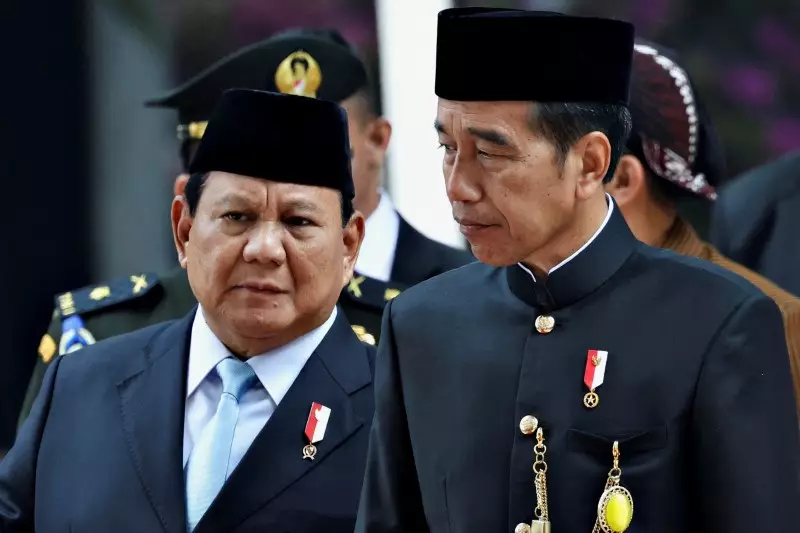Indonesia’s outgoing government recently submitted a 2025 budget plan to parliament targeting a narrower deficit and higher expenditure than the current year. The budget proposal, worth 3,613.1 trillion rupiah, projects a deficit of 2.53% of GDP – narrower than this year’s 2.7%. This move signifies that Southeast Asia’s largest economy intends to remain fiscally prudent under its next president. President Joko Widodo emphasized the importance of structural reforms, maintaining a healthy fiscal policy, and enhancing cooperation across fiscal, monetary, and finance policies. It is reassuring for investors to see the commitment to fiscal responsibility in the face of concerns that the new government might abandon strict fiscal rules.
Investors have been closely monitoring President-elect Prabowo Subianto’s first budget proposal, particularly in light of his previous hints at a more debt-fueled approach to achieve aggressive GDP growth targets. However, with the deficit projected to remain under control and the debt-to-GDP ratio currently at a manageable 39%, market analysts like Handy Yunianto view this proposal positively. The insistence on maintaining a fiscally prudent approach is seen as favorable for bond investors, indicating stability and credibility in Indonesia’s fiscal policy.
Economists, such as Ryota Abe from Sumitomo Mitsui Banking Corp, acknowledge that the budget plan aligns with expectations but are keen to see the specific policies that Prabowo’s chosen finance minister will pursue. The focus is on how the new administration plans to accelerate GDP growth to 8% without compromising fiscal discipline or undermining investor confidence. Such transparency and clarity on economic strategies are crucial for sustaining investor interest and ensuring long-term economic stability.
The 2025 budget proposal sets a GDP growth target of 5.2%, which falls within the forecasted range for this year. Analysts like Brian Lee from Maybank Investment Banking Group believe that this target is achievable, given the expansionary measures outlined in the budget and anticipated monetary easing. The projection for inflation at around 2.5% aligns with the central bank’s target range, reflecting a balanced approach to price stability and economic growth.
On the revenue side, the government anticipates a 7% increase in total revenues for the next year, driven by economic expansion and policy reforms. The proposal includes new measures, such as an excise tax on sugary drinks, to bolster revenue streams. Additionally, significant allocations are earmarked for flagship programs like the “Free Nutritious Meals” initiative and infrastructure development, including the construction of Indonesia’s new capital city. The emphasis on targeted energy subsidy reforms demonstrates a shift towards more efficient and effective government spending practices.
Indonesia’s 2025 budget proposal underscores the government’s commitment to fiscal discipline, sustainable economic growth, and strategic policy initiatives. By addressing key areas such as revenue generation, expenditure priorities, and inflation management, the proposal lays the groundwork for a resilient and competitive economy. As the country transitions to a new administration, maintaining this prudent fiscal approach will be essential for fostering investor confidence, driving economic progress, and ensuring long-term prosperity for Indonesia.

